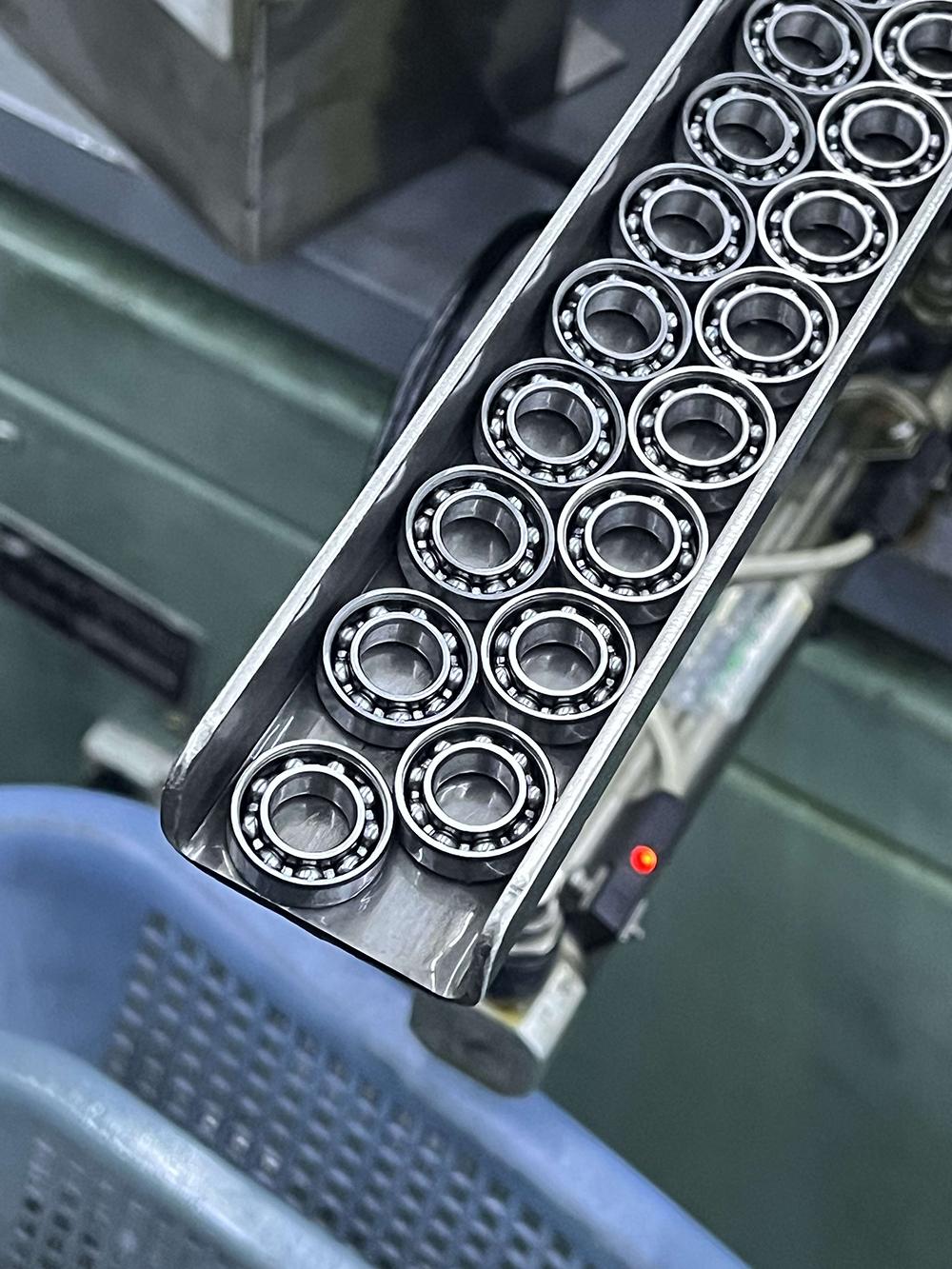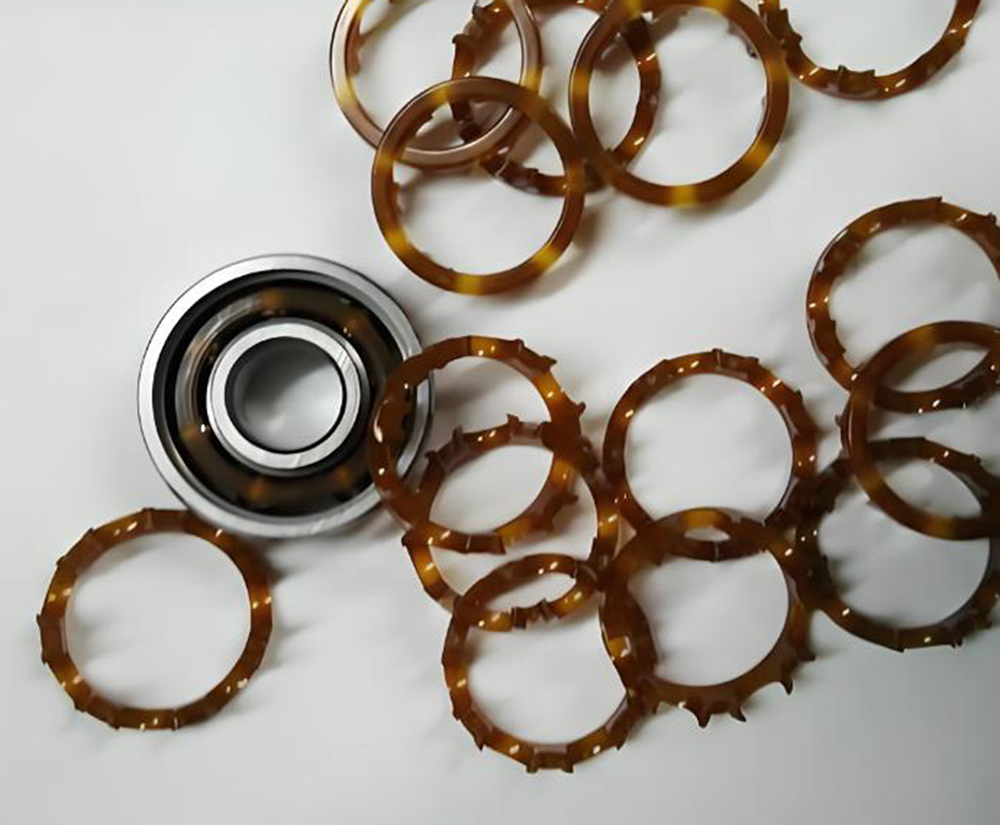News Center
What’s The Difference Between Deep Groove Ball Bearings with Nylon Cage and Standard Steel Cage
2024-02-13
What’s The Difference Between Deep Groove Ball Bearings with Nylon Cage and Standard Steel Cage
Difference Between Deep Groove Ball Bearings with Nylon Cage and Standard Steel Cage
Deep groove ball bearings, one of the most widely used bearing types, rely on cage material selection to impact performance and service life. The two most common cage materials are nylon and steel, each with distinct advantages and limitations suitable for different applications. Below is a detailed comparison of these two types:
1. Material Characteristics:
Nylon Cage: Made of engineering plastic polyamide (PA66), it offers advantages such as lightweight, corrosion resistance, self-lubrication, and noise reduction. The flexibility of nylon helps absorb vibration and impact, reducing operational noise.
Steel Cage: Typically made of high-quality carbon steel or stainless steel, it features high strength, excellent heat resistance, and strong impact resistance. Steel cages have better rigidity and can withstand higher loads and centrifugal forces.

2. Performance Comparison:
Speed: Nylon cages are lightweight with low inertia, making them ideal for high-speed applications as they reduce heat generation and wear. Steel cages, being heavier, generate more centrifugal force at high speeds, which may impact stability.
Noise: Nylon cages provide good self-lubrication and damping properties, reducing operational noise. Steel cages, on the other hand, may produce more noise due to metal friction during high-speed operation.
Lubrication: Nylon cages have some self-lubricating properties, ensuring functionality even in poor lubrication conditions. Steel cages, however, require sufficient lubrication to prevent wear and seizing.
Temperature Resistance: Nylon cages have lower heat resistance and are typically suitable for operating temperatures below 120°C, whereas steel cages excel in high-temperature environments.
3. Applications:
Nylon Cage: Suitable for high-speed, lightweight, low-noise, and corrosion-resistant applications, such as electric motors, household appliances, and precision instruments.
Steel Cage: Ideal for low-speed, heavy-load, high-temperature, and high-impact environments, including mining machinery, metallurgical equipment, and heavy-duty vehicles.

4. Cost:
Nylon Cage: Lower manufacturing cost but susceptible to raw material price fluctuations.
Steel Cage: Higher manufacturing cost but offers more stable pricing.
Conclusion:
Both nylon and steel cages have their strengths and weaknesses. The choice should be based on specific application requirements. For high-speed, low-noise, and corrosion-resistant environments, nylon cages are preferable, while steel cages are better suited for heavy-load, high-temperature, and impact-intensive applications.
If you have any questions aboutdeep groove ball bearings, please free feel to contact!